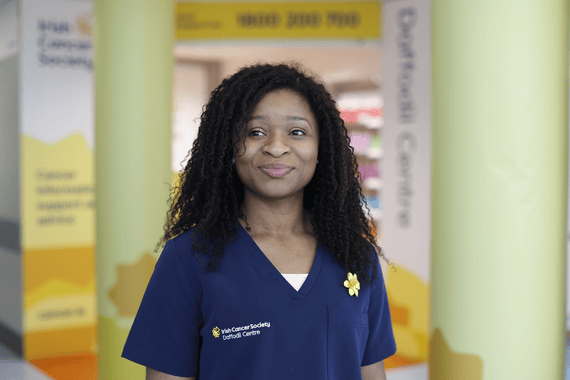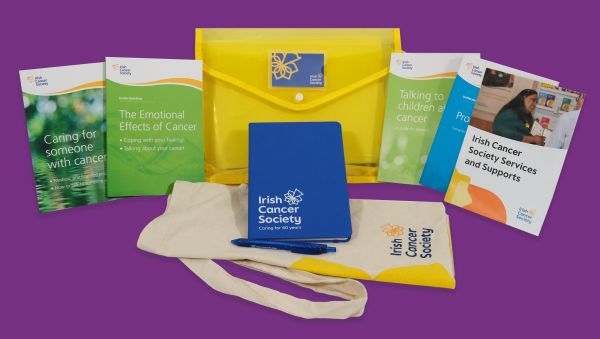Breast cancer cells can be graded as 1, 2 or 3, depending on how different they are to normal breast cells and how quickly they are growing. The grade gives your doctor information about how quickly the cancer may grow and spread.
In general, grade 1-2 means a slower growing cancer and grade 3 is faster growing.







